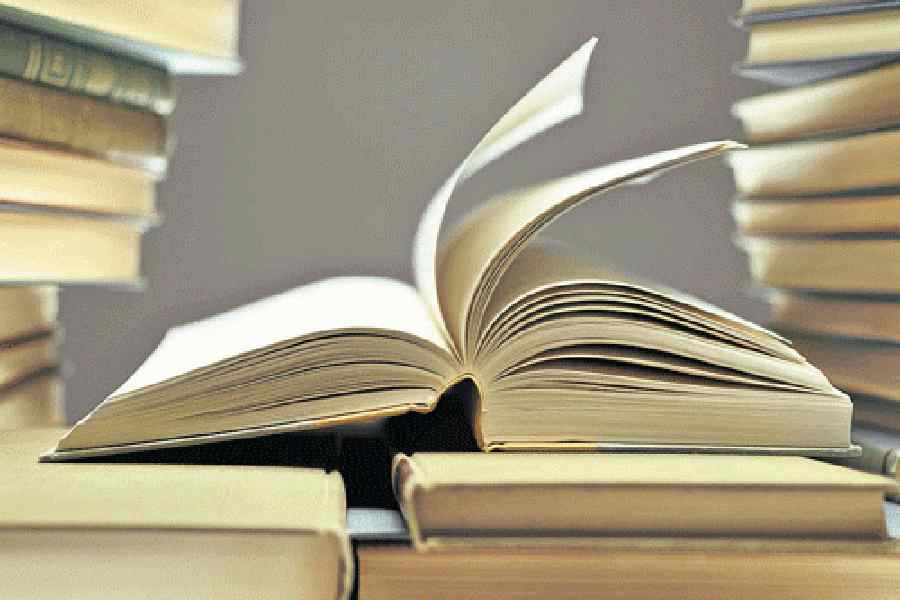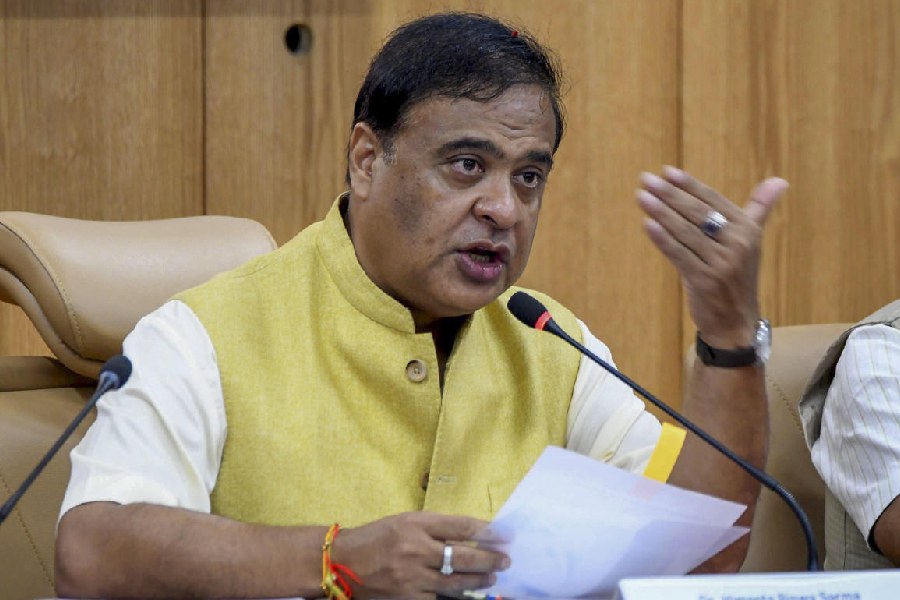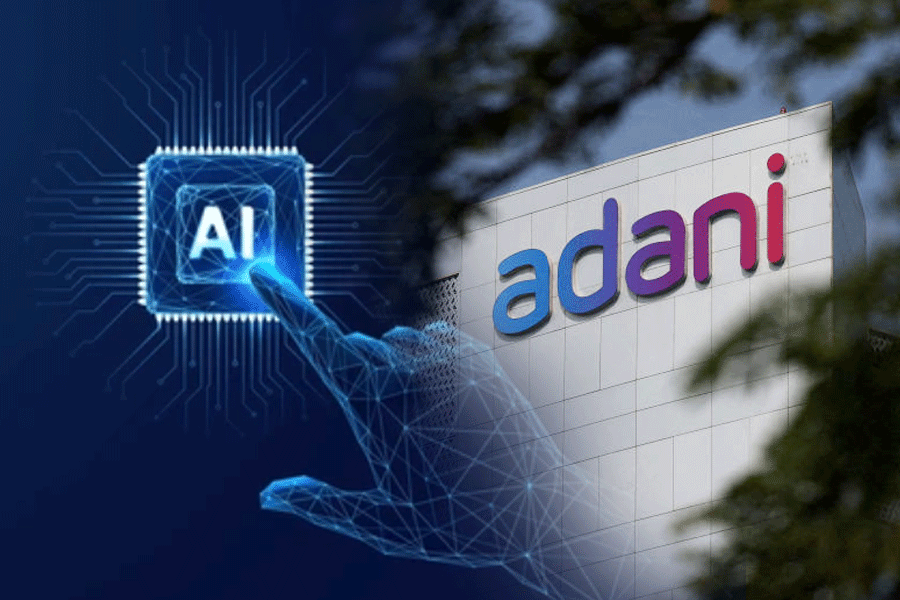India’s education system continues to be a verdant field of experimentation for the political right-wing. From the tweaking of textbooks to the prioritising of vocational education over knowledge-gathering to the alleged appointment of ideologues in positions of administrative influence, the nation’s education system has been made to bear the brunt of several deleterious transformations in recent years. Another dimension of such encroachment in this sphere has been brought to light by the concern raised by educators and scientists over the introduction of contentious subjects and ideas in India’s higher education institutions. Members of the All India Peoples’ Science Network have pointed out that some HIEs are indulging in a virtual pedagogic ‘free for all’, dumping all kinds of spurious topics in the name of spreading the light of Indian Knowledge Systems. Several examples bear out the AIPSN’s allegations. Reincarnation and out-of-body experiences, subjects with dubious empirical roots, are being taught at the Indian Institute of Technology Mandi; the Banaras Hindu University is similarly throwing light on bhootvidya and astrology. This is worrying on several counts. If this trend continues unchecked, it could seriously weaken the scientific temper of the nation which, in turn, could corrode the tradition of reason-based enquiry, something that is fundamental to not only the enlightenment of the mind but also the health of democracy. This is because democracy’s future is secured by the questioning mind.
Shockingly, this regressive agenda is being legitimised in the name of India’s rich and diverse knowledge traditions. The irony is that self-proclaimed gatekeepers of cultural indigeneity seem to have taken on the responsibility of conflating indigenous knowledge systems with pseudoscience. This only exposes the intellectual hollowness of this shrill fraternity. Steps must be taken to undo the damage that is being wrought. A good beginning can be made by implementing one of the suggestions that have been aired by the AIPSN: an immediate amendment of the shoddy and prejudicial core of the introduction to IKS in school textbooks. This should be accompanied by the imparting of training to faculty members so that they can do justice to the IKS curriculum as educationists. But the real challenge lies in ridding India’s education system of such unscientific elements. Unfortunately, it appears that the liberation of the academia from pseudoscience remains contingent upon an electoral change in guard.










